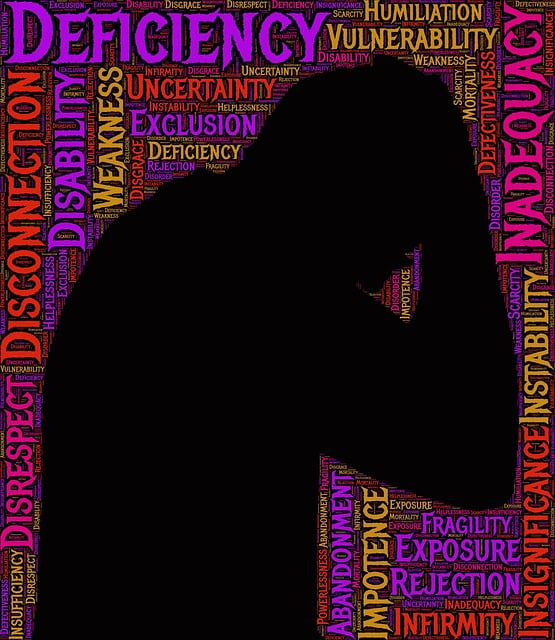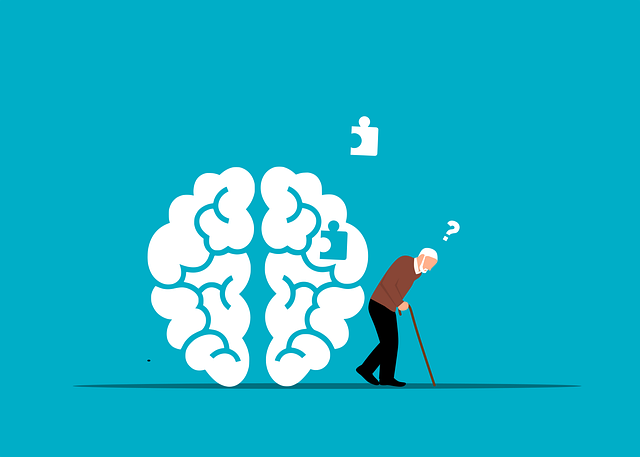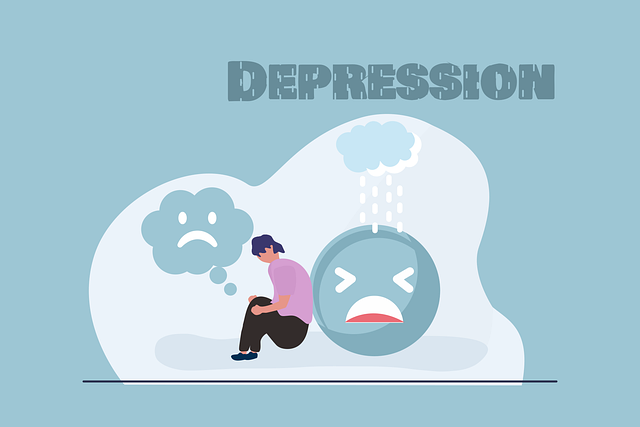Mental wellness self-assessment tools, crucial for personal growth and healing, are pivotal at Highlands Ranch Sexual Addiction Therapy. These assessments gain insights into emotional regulation, stress management, and interpersonal relationships, enabling self-reflection and cultivating inner strength. Digital era demands specialized care for high-risk populations like those with sexual addiction, with organizations like Highlands Ranch leading through comprehensive tools and accessible resources. Balancing detailed psychological insights with user-friendliness, these tools facilitate diagnosis and personalized treatment plans backed by research, ensuring holistic mental wellness evaluation. Continuous improvement through feedback loops and updates empowers individuals to take control of their mental health via self-care practices.
Mental wellness self-assessment tools play a pivotal role in promoting personal growth and early intervention. This article explores the development of such tools, highlighting their significance in understanding mental health. We delve into identifying high-risk populations, such as those seeking Highlands Ranch Sexual Addiction Therapy, and designing effective assessment strategies. From traditional surveys to digital platforms, we discuss evidence-based practices ensuring accuracy. Additionally, implementation, user feedback, and continuous improvement methods are explored, emphasizing the importance of tailored, reliable self-assessment tools for optimal mental wellness.
- Understanding Mental Wellness Self-Assessment: A Foundation for Personal Growth
- Identifying the Need: Addressing High-Risk Populations like Highlands Ranch Sexual Addiction Therapy
- Designing Effective Tools: From Surveys to Digital Platforms
- Incorporating Evidence-Based Practices: Ensuring Accuracy and Reliability
- Implementation, Feedback, and Continuous Improvement
Understanding Mental Wellness Self-Assessment: A Foundation for Personal Growth

Mental wellness self-assessment tools serve as a foundational step towards personal growth and healing. These assessments are designed to help individuals gain deeper insights into their mental health, identify areas that need improvement, and track progress over time. For those seeking support, such as clients at Highlands Ranch Sexual Addiction Therapy, these tools can be transformative. By understanding their current state, they can set achievable goals and develop tailored strategies for enhancing well-being.
The process involves evaluating various aspects of mental wellness, including emotional regulation, stress management, and interpersonal relationships. Through self-reflection and honest assessment, individuals can uncover hidden challenges and begin to cultivate inner strength. Additionally, these assessments often include empathy-building strategies, promoting a supportive environment where clients feel heard and understood. For mental health professionals, risk management planning becomes easier when utilizing such tools, ensuring they provide evidence-based interventions and foster positive outcomes for their clients.
Identifying the Need: Addressing High-Risk Populations like Highlands Ranch Sexual Addiction Therapy

In today’s world, addressing mental wellness is more critical than ever, especially for high-risk populations like those struggling with sexual addiction. Organizations such as Highlands Ranch Sexual Addiction Therapy have been at the forefront of providing specialized care and highlighting the significance of early intervention. Recognizing the need for comprehensive self-assessment tools, these therapy centers aim to facilitate personalized treatment plans. By evaluating individual experiences and behaviors, they can offer tailored support, focusing on communication strategies and public awareness campaigns development to foster positive thinking and recovery.
This initiative underscores the importance of accessible mental health resources, ensuring that individuals facing sexual addiction receive the necessary guidance and care. Through such efforts, communities can better navigate the challenges associated with this sensitive issue, ultimately contributing to improved overall well-being.
Designing Effective Tools: From Surveys to Digital Platforms

Designing effective self-assessment tools for mental wellness involves a careful balance between capturing nuanced psychological data and ensuring user-friendliness. These tools, ranging from traditional surveys to sophisticated digital platforms, play a pivotal role in individual reflection and professional diagnosis. Incorporating elements like validated scales, open-ended questions, and interactive features can enhance accuracy and engagement.
Digital platforms, for instance, offer advantages such as accessibility, anonymity, and the ability to integrate multimedia components like videos or interactive graphics. This is particularly relevant in addressing issues like sexual addiction, as evidenced by the success of programs like Highlands Ranch Sexual Addiction Therapy. By prioritizing cultural sensitivity in mental healthcare practice, these tools can be tailored to diverse populations, ensuring that mindfulness meditation and emotional well-being promotion techniques are inclusive and effective for all users.
Incorporating Evidence-Based Practices: Ensuring Accuracy and Reliability

Incorporating evidence-based practices is a cornerstone in developing accurate and reliable self-assessment tools for mental wellness. These practices draw on extensive research to ensure that interventions are effective and aligned with current psychological understanding. For instance, tools designed to address sexual addiction, such as those offered by Highlands Ranch Sexual Addiction Therapy, leverage cognitive-behavioral therapy (CBT) techniques known to help individuals process and change unhealthy behaviors. By adhering to evidence-based protocols, self-assessment tools can offer precise evaluations and support tailored interventions.
Moreover, integrating strategies for stress management and resilience building enhances the efficacy of these assessments. Effective risk management planning for mental health professionals is also crucial, ensuring that any potential issues or setbacks are addressed promptly and professionally. This holistic approach not only maintains accuracy but also contributes to a more comprehensive understanding of an individual’s mental wellness landscape.
Implementation, Feedback, and Continuous Improvement

Effective mental wellness self-assessment tools development involves a continuous cycle of implementation, feedback, and improvement. Once created, these tools should be pilot-tested with a diverse group of users to gather valuable insights. Feedback from participants can highlight areas of clarity and confusion, ensuring the tool aligns with the intended audience’s needs. This process is crucial for refining the assessment’s effectiveness, making it more user-friendly and accessible, especially for those seeking specialized support like Highlands Ranch Sexual Addiction Therapy.
Continuous improvement should be a cornerstone of this development cycle. Regularly updating the self-assessment based on feedback allows for the integration of new research findings and best practices in mental wellness. Incorporating Self-Awareness Exercises, Empathy Building Strategies, and Self-Care Practices into these tools can empower individuals to take charge of their mental health while fostering a more supportive and holistic approach to therapy.
Mental wellness self-assessment tools are invaluable resources, as demonstrated by their successful implementation in high-risk populations like those served by Highlands Ranch Sexual Addiction Therapy. By understanding the foundational principles of mental wellness assessment, designing effective tools, incorporating evidence-based practices, and continuously improving based on feedback, we can enhance personal growth and well-being. These tools hold significant promise for navigating complex mental health landscapes and fostering transformative journeys towards better mental health outcomes.














